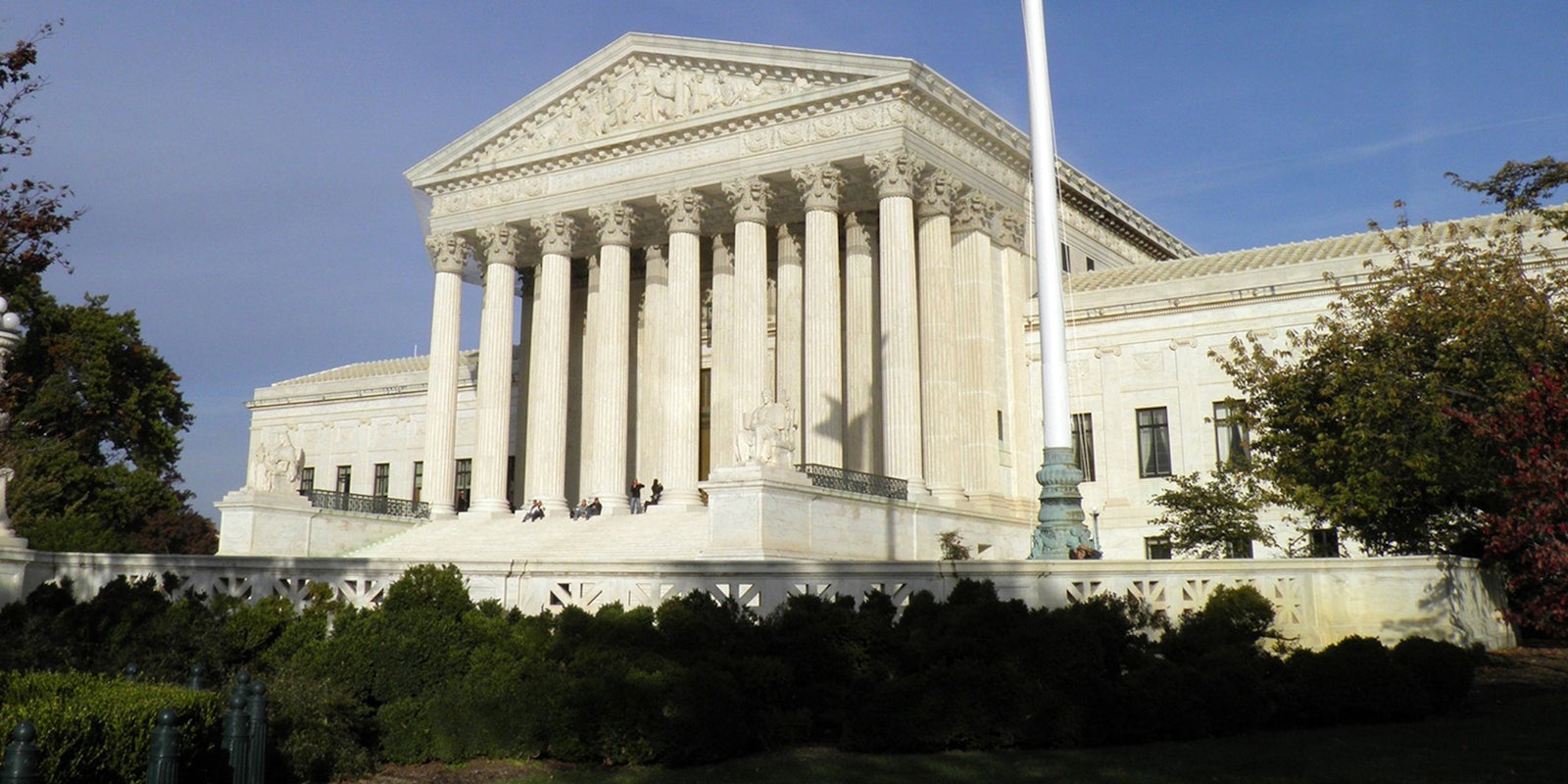A privacy advocacy group is petitioning the U.S. Supreme Court to force the Department of Homeland Security (DHS) to disclose its procedure for shutting down cellphone service during emergencies.
The Electronic Privacy Information Center (EPIC) first asked for documents regarding the DHS procedure in 2011, after cell service in San Francisco’s subway system was turned off in an attempt to prevent a protest against the fatal shooting of a homeless man by a transit officer.
In May, the U.S. Court of Appeals for the District of Columbia Circuit ruled that DHS did not have to disclose its killswitch policy, known as Standard Operating Procedure 303. The procedure is an agreement between wireless carriers and the government that allows cellphone networks to be shut down “within a localized area, such as a tunnel or bridge, and within an entire metropolitan area.”
DHS argued that it should not have to release the details of the procedure to EPIC under the Freedom of Information Act because doing so could endanger public safety. EPIC is now requesting that the Supreme Court overrule the appeal court’s decision and force DHS to disclose the procedure.
In its petition to the Supreme Court, filed on Tuesday, EPIC wrote that the appeal court’s ruling in favor of DHS expanded an exemption to the Freedom of Information Act far beyond its purpose and “created a new catchall provision that can be used in any case involving records related to domestic and national security programs.”
EPIC began seeking information about the DHS procedure after cell service was shut off in several Bay Area Rapid Transit (BART) stations on Aug. 11, 2011, in an effort to stop a protest against the fatal shooting of Charles Hill, a homeless man who transit police said was wielding a knife when he was killed. The network shutdown caught the attention of Anonymous and hackers affiliating themselves with the collective retaliated by hacking BART websites and releasing passenger emails and transit police officers’ information, including personal addresses. Following the protests and data breaches, BART introduced a new policy for turning off cell service in its stations.
H/T Ars Technica | Photo via Mike/Flickr (CC BY 2.0)


